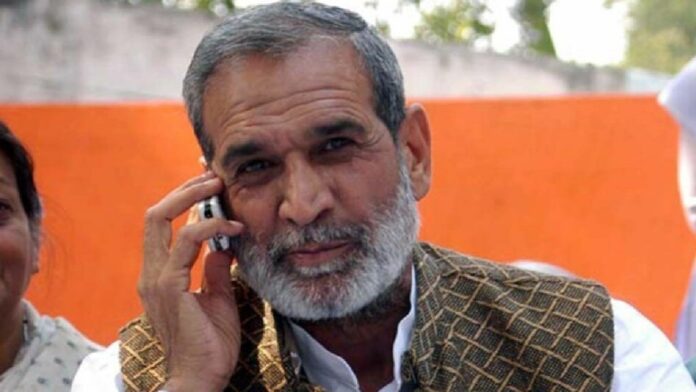Twenty-seven years after the women’s reservation Bill was first introduced in Parliament, the Lok Sabha on September 20 passed a Bill with near unanimity to amend the Constitution and provide one-third reservation to women in the Lok Sabha and State Assemblies.
The Bill will now be taken by the Rajya Sabha for passage in the remaining two days of the Special Session of Parliament, and might require approval from half of the States.
Calling it a “historic legislation” that will enable greater participation of women in the political process, Prime Minister Narendra Modi took to X (formerly, Twitter) to thank the Lok Sabha members.
“I thank MPs across Party lines who voted in support of this Bill,” Mr. Modi said in a post on X.
With 454 members of the Lok Sabha supporting the Constitution (One Hundred and Twenty Eighth) Bill 2023, the constitutional requirement of “two-third majority of the members present and voting” was easily met.
Only two members, the All India Majlis-E-Ittehadul Muslimeen’s Asaduddin Owaisi and Syed Imtiyaz Jaleel, had opposed the Bill.
The Congress made a U-turn from its own 2010 position, with its leader Sonia Gandhi, who was the first speaker in the debate, leading the demand for a separate quota within quota for OBCs after conducting a caste census. She also insisted that there was no need to delay the implementation of the Bill by linking it to a delimitation exercise that is frozen till 2026.
“It is the demand of the Congress to implement the Bill immediately… But along with that, provision should be made for reservation for SC, ST and OBC women,” she said.
Strongly countering the demand for a separate quota for OBCs, the Home Minister asserted that the BJP not only had the highest number of OBC lawmakers across the political spectrum, but also a Prime Minister from the same community, referring to Mr. Modi.
Giving a detailed break-up, Shah said that 85 BJP MPs, 29% of its total, were OBCs, adding that as many as 29 Ministers were also from backward communities.
Terming it the most transformative revolution for gender justice in our times, President Droupadi Murmu the women’s reservation Bill.





